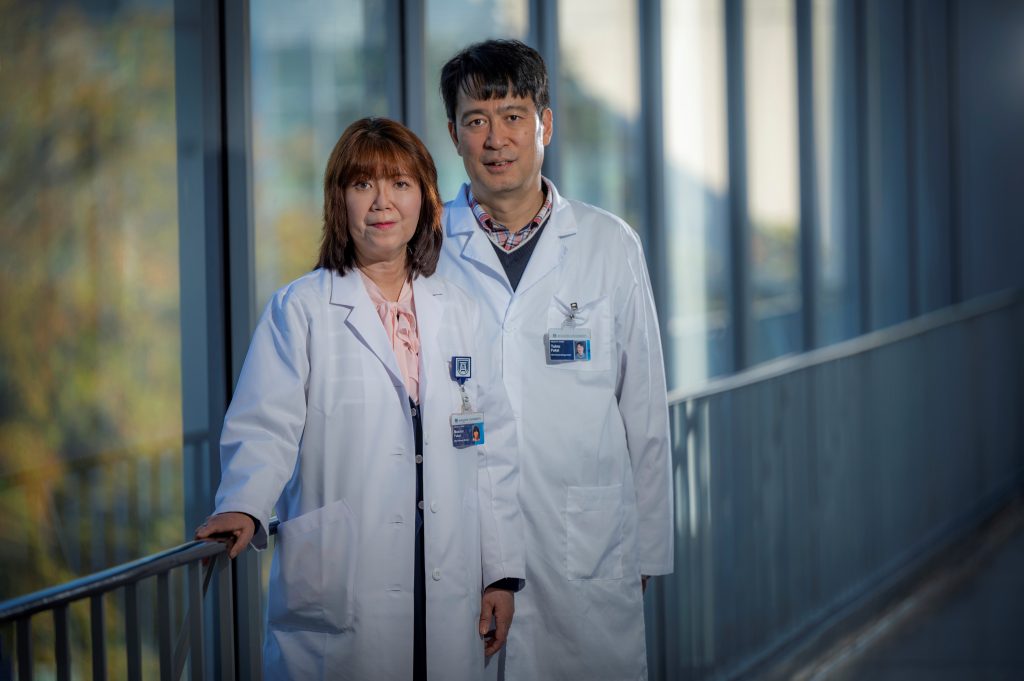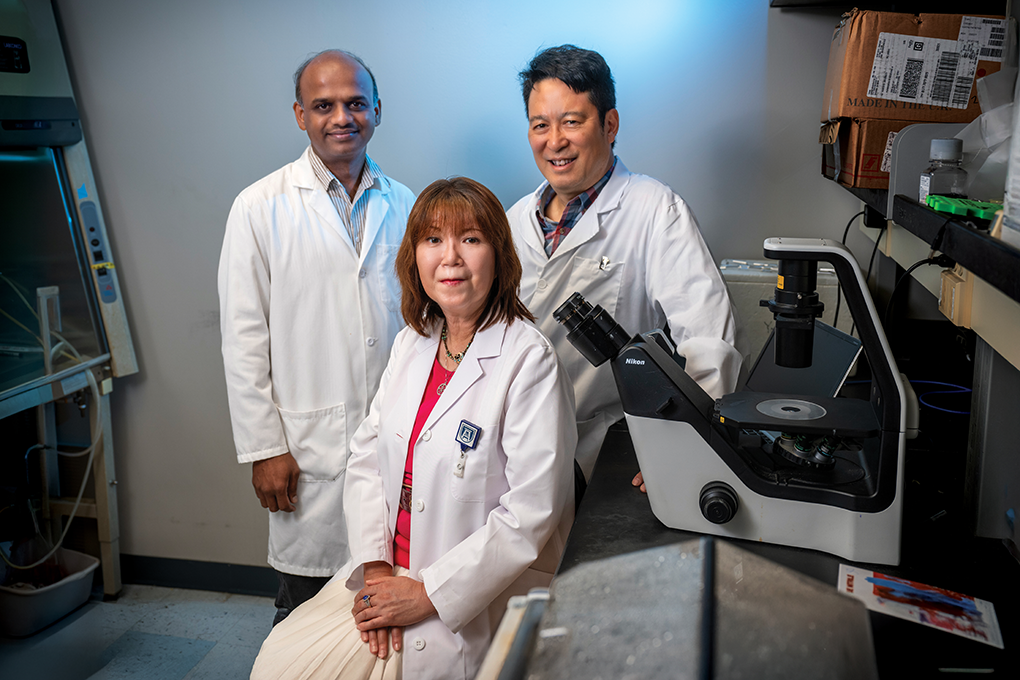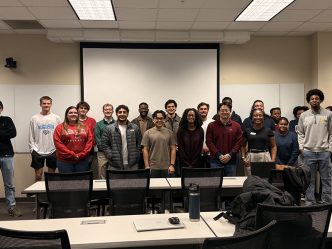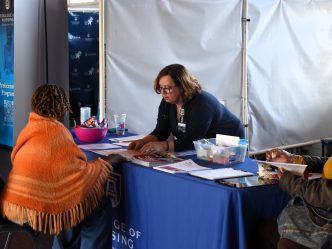While it’s widely known that exercise can improve symptoms and outcomes of various medical conditions, a group of researchers at the Medical College of Georgia at Augusta University recently dug deep and uncovered how exercise improves blood vessel health in people living with type 2 diabetes.
The study, “Exercise-Induced SOD3/H2O2 Sulfenylates PKG1α to Restore Vasodilation in Diabetes,” was recently published in Circulation Research, a peer-reviewed scientific journal owned by the American Heart Association.
“People with type 2 diabetes commonly have unhealthy blood vessels, which is caused by endothelial dysfunction. The inner lining of the blood vessels made up of endothelial cells doesn’t work properly, raising the risk of heart disease, stroke and poor circulation,” said Masuko Ushio-Fukai, PhD, a professor of medicine in the Vascular Biology Center at MCG and co-principal investigator of the study. “Therefore, we have been studying how exercise can improve endothelial dysfunction in diabetes and addressing the mechanisms of it.”
In healthy blood vessels, exercise increases nitric oxide, a gas created by endothelial cells to support vascular health by promoting vasodilation, or the widening of blood vessels. However, this isn’t the case for some people with type 2 diabetes because of insulin resistance and endothelial dysfunction caused by excess oxygen production.
Because of the lack of nitric oxide in their blood vessels, people with type 2 diabetes are wired to use a “backup” pathway to boost vascular health and, remarkably, produce the same results as someone who doesn’t have diabetes – and exercise is the key to unlocking that pathway.

The team has discovered that when someone with the condition exercises, there is an increase in the expression of a copper transporter protein called ATP7A. This, in turn, activates a copper-containing antioxidant enzyme called superoxide dismutase 3, which uses excess oxygen to produce hydrogen peroxide, which then activates a protein called PKG1α, finally resulting in vasodilation.
“The superoxide dismutase, which is highly expressed in the blood vessels, is one of the keys to understanding the mechanism of how exercise improves our vascular health,” said Tohru Fukai, MD, PhD, professor of pharmacology and toxicology in the VBC and co-principal investigator of the study.
The team discovered this by studying transgenic mouse models with type 2 diabetes and comparing sedentary mice to exercise-trained mice. The researchers looked at small mesenteric arteries found in the small and large intestines of the mice, which are important for blood flow regulation, and examined how exercise affects antioxidant enzymes and signaling proteins in these blood vessels.
“We isolated the blood vessels, and we checked the blood vessel function using a myograph. Then we measured the blood vessel functions, and, in the diabetic condition, the blood vessel function is impaired but was still improved by exercise,” said Sudhahar Varadarajan, PhD, associate professor of pharmacology and toxicology in the Vascular Biology Center.
The exercise benefits disappeared in the mice when the team genetically disabled SOD3, ATP7A or the PKG1α sites – confirming the hypothesis that these components are crucial for vasodilation.
By identifying this biological pathway, a possible door can be opened to develop new therapies mimicking these results for patients with diabetes.
“The ultimate goal is to develop a sort of exercise pill for patients who can’t exercise or need additional therapy. It would be helpful to develop an exercise-equivalent medicine,” Fukai said.
Discoveries at Augusta University are changing and improving the lives of people in Georgia and beyond. Your partnership and support are invaluable as we work to expand our impact.
 Augusta University
Augusta University




